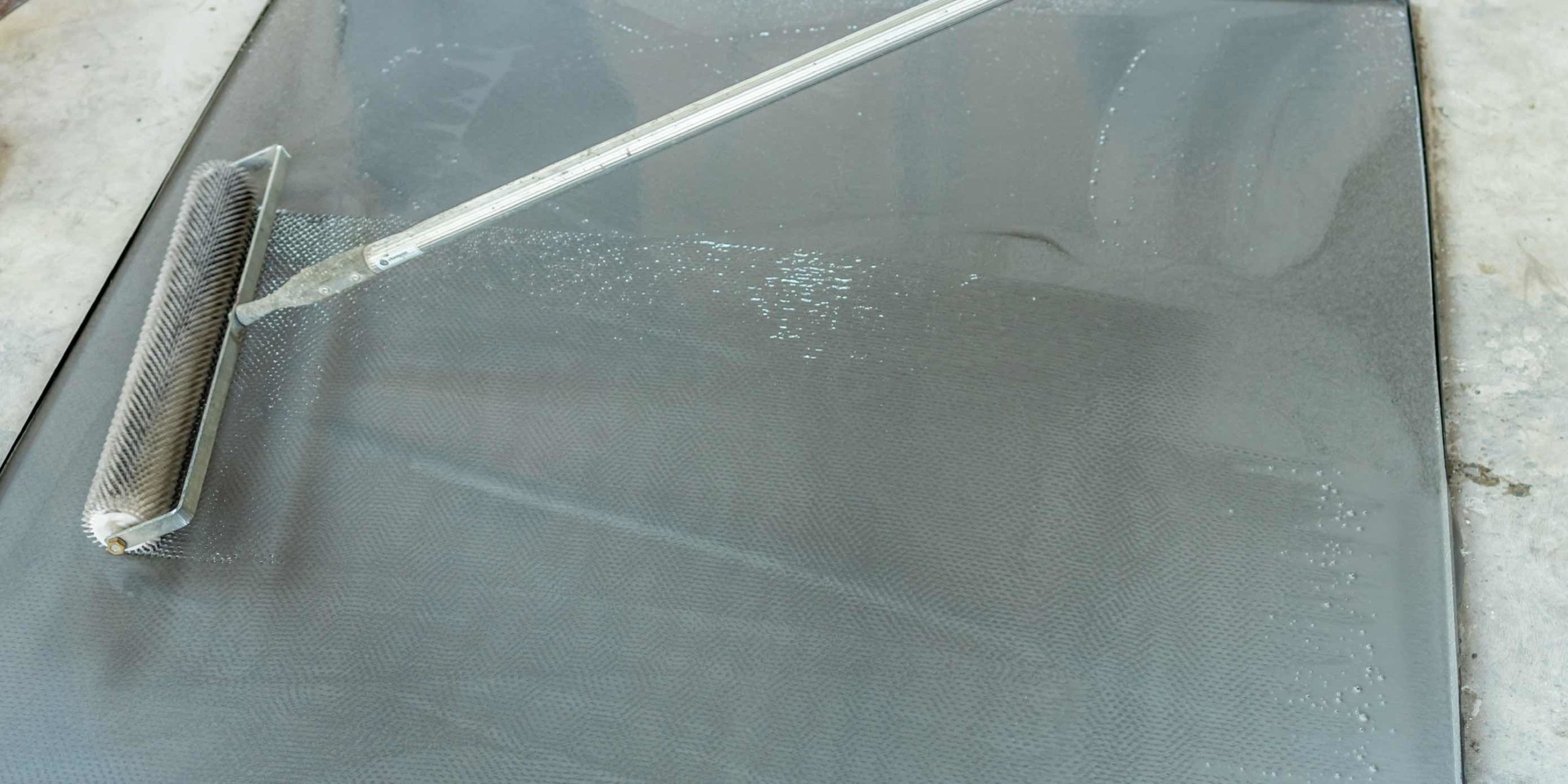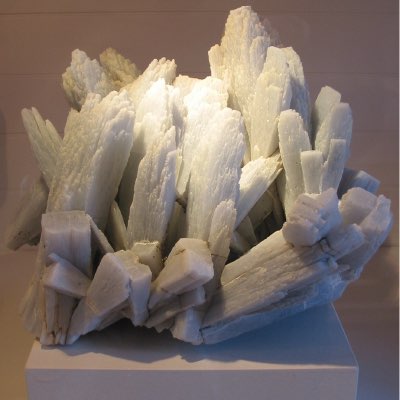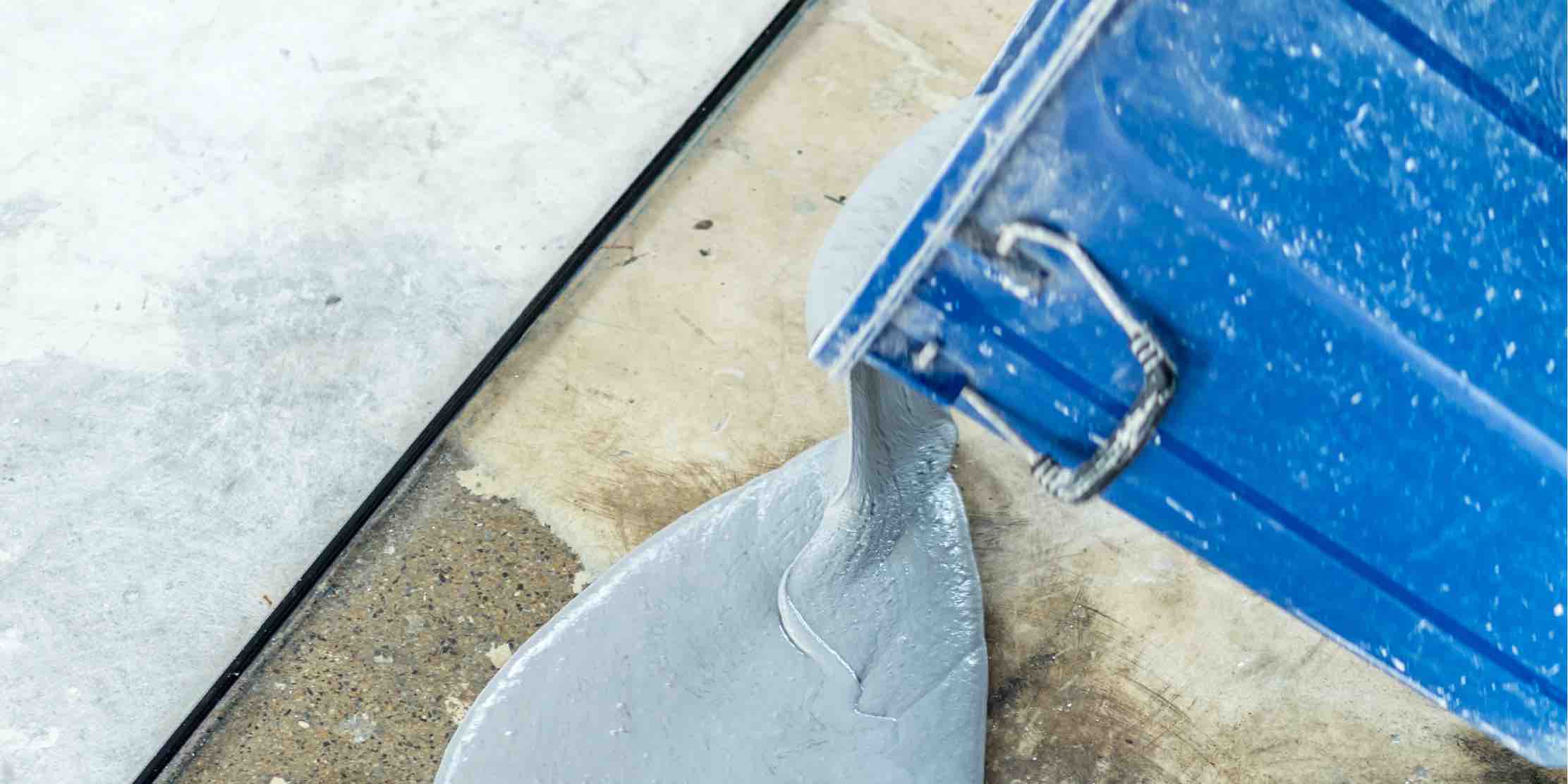Self-leveling mortars refer to a type of mortar that is used as a base for vinyl flooring, floating floors, laminate flooring, and tiles.
These are part of the special group of mortars according to DIN 18550, also called Justacken mortars, which have in their composition, a series of additives that are responsible for attributing outstanding qualities and different from the rest.
Self-leveling mortars refer to a type of mortar that is used as a base for vinyl flooring, floating floors, laminate flooring, and tiles.
These are part of the special group of mortars according to DIN 18550, also called Justacken mortars, which have in their composition, a series of additives that are responsible for attributing outstanding qualities and different from the rest.
What is a self-leveling mortar?
This is a special mortar, which stands out for being highly liquid. Its composition does not differ too much with respect to the rest of the special mortars, since they consist of the union of cement or anhydrite and fine granulometric sand. The difference is that it achieves a smoother and more level finish due to its fluidity.

Additives used
The most commonly used additives to create self-leveling mortar are the following:
- Superfluidifiers, causing its characteristic liquid consistency.
- Retraction reducers, essential to control retraction due to excess water in the mix.
- Air entrainers, improving plasticity and reducing the density of the mixture.
- Viscosity modifiers, preventing aggregates from falling to the bottom.
The adverse consequence of using these additives is the mortar’s resistance reduction, being lower than conventional mixes.
It is fair to say that the name of this mortar is inaccurate since it requires manual smoothing to provide surface regularity, lacking mechanical self-sufficiency.
Composition details
Anhydrite is a mineral that has recently gained ecological relevance, since it has been used as a substitute for Portland cement due to its low pollutant emissions, presenting interesting and positive results in many constructive aspects.

The main advantages of anhydrite as a mortar binder are the generation of minimum thicknesses of 2.5 cm and high thermal conductivity. In addition, it retains the physicochemical qualities for surface leveling.
Anhydrite is obtained from the residues of the fluorine industry, in the form of calcium sulfate, which must be properly subjected to a series of chemical reactions to isolate the precious mineral.
Uses of self-leveling mortar
In The primary objective of a self-leveling mortar is the improvement of the base to be coated, ensuring continuity and uniformity throughout its volume. This mortar can be used both in interiors and exteriors.
Leveling mortars are used for various aspects of the construction sector, however, these are their most common uses:
- Projects that require anchoring bolts for machinery.
- Leveling base plates.
- Supporting machinery, columns, beams, and other structural elements.
- Repairing concrete, in structures affected by environmental agents, for example, saltpetre.
Main advantages of self-leveling mortar
In relation to the varied use of leveling mortars, there are also considerable constructive advantages. Among the many advantages, we have chosen the following as the most important:

- It has a good adhesion capacity.
- High mechanical and abrasive resistance.
- It is an affordable option and has a positive financial impact since it reduces the coating execution time, the number of workers needed, and tools.
- It offers quality and excellent finishes, creating compact floors.
- It allows leveling large surfaces, thanks to its great fluidity.
- Its average drying time is 24 hours. However, the pavement can be used by traffic 4 hours after pouring it if the environmental conditions for setting are ideal.
- It can be used on a variety of surfaces (carpets, vinyl flooring, laminate flooring, and others) and environmental conditions.
- It is compatible with thermoacoustic insulation, and underfloor heating.
How to use self-leveling mortars?
Before proceeding how to pour these mortars, it is important to mention some preliminary points necessary to apply the coating correctly:
- The surface to be coated must be clean. It has to be healthy and free of oils, dust and any other substance that may hinder the adherence of the mortar.
- The surface must be exposed to water, but puddles must be avoided.
- If metal surfaces are to be coated, they will need to be thoroughly cleaned to remove any remaining grease, rust, paint and any other residual material.
- The surface must be hard and consistent.
- If the presence of any cracks, these must be repaired with special products.
- Expansion joints must be maintained.
To pour self-leveling mortars, these are the following steps:
- Kneading the mortar mixture, which should reach an approximately liquid state, but should also be a thick mixture. For this you can use pumping machines or a concrete mixer.
- Depending on the thickness of the applied coating, it is necessary to wait an equivalent number of days to carry out any finishes, such as tiling or waterproofing the mortar.
What is self-leveling concrete? Does it exist?
We can hardly give you a definition about it, because the truth is that it does not exist.
There is a lot of information on the Internet about self-leveling concrete, but it is totally wrong, generating many unknowns in the users, because in the same article they mix concepts such as concrete and mortar treating it as the same, when it is not so.
Self-leveling concrete does not exist as a material that has its own characteristics, advantages or composition to be used for specific purposes.
People confuse it with self-leveling mortar, so everything you have read and found here is totally true and corresponds to reality.
